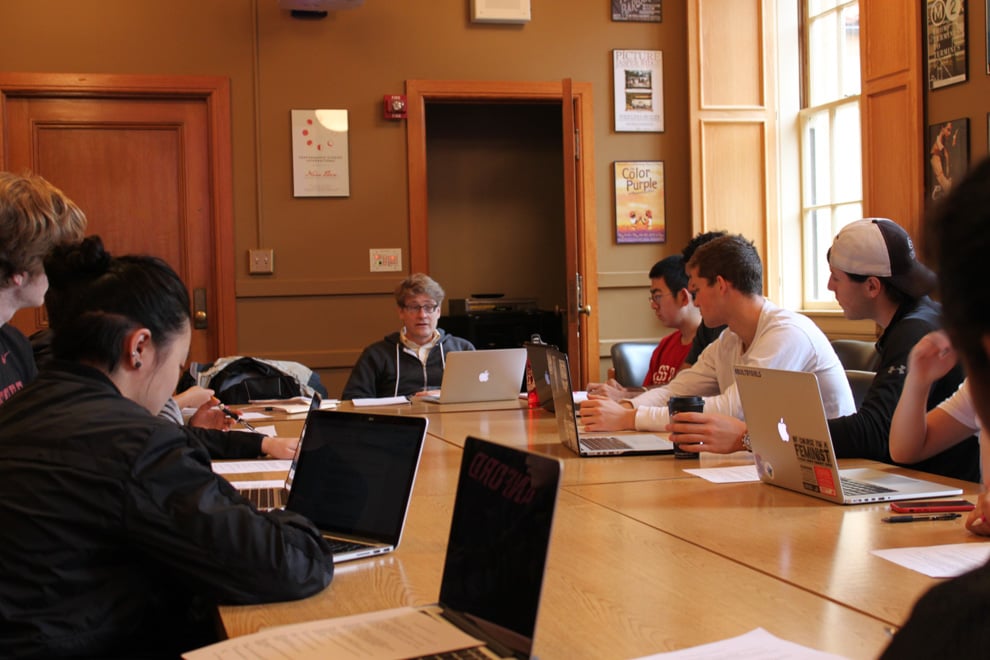Stanford has a diverse student body of athletes, musicians, writers, performers, activists, chefs and artists. And yet, in some ways these diverse talents are not as visible as one might think. I can’t count the number of times that I’ve thought I know a peer well and am suddenly informed that they are a nationally-ranked gymnast, or a winner of the Intel Science Talent Search competition, or an Olympic skier, or a professional actor (all real people I’ve met at Stanford). As I talked to peers about this, I realized that this experience of thinking you know somebody and then being shocked by some incredibly cool thing that they’ve done is extremely common.
Students at Stanford are very humble. And this can be an positive attribute in one’s peers, because it means that the environment that is created on campus is one that is welcoming. I talked to a close friend about this norm of modesty on campus, and she commented that she thinks it’s actually one of the reasons that she felt most comfortable adjusting to campus life. It’s normal not to feel like you belong at college when you first get there (something commonly called imposter syndrome). But a culture as humble as Stanford’s masks the accomplishments of one’s peers and makes it easier to feel more connected to the student body around you.
However, at the same time, when I do hear about the accomplishments of an acquaintance or even a close friend, I am filled with an equally deep appreciation for the school that I go to. It’s definitely inspiring to learn that somebody you thought you knew well has even more layers to them, that they’re even more brilliant than you first imagined. And usually, when I learn something incredible about a peer, I feel like I can suddenly understand them in a more powerful and holistic way. This contrast at Stanford, between the norm of modesty leading to a welcoming and inclusive environment and the power that exists in sharing our accomplishments with those around us, can be confusing.
At times, I’ve noticed that it can be easy to default to conversations with peers about topics around things we have in common — usually politics, food, or Stanford life. And while these conversations have definitely made me closer to my peers, I think it’s important to point out that they don’t highlight the differences that exist among us. At times, I think we are afraid to bring up topics that we know a lot about out of fear that we will come across like we are bragging. But some of the most interesting and thought-provoking conversations I’ve had at Stanford have been when somebody revealed their knowledge of some obscure, interesting field, and chose to share that passion with the rest of us. This honesty not only allows others to learn about something they might not otherwise be able to, but it also opens up the table for others at the table to share things they are passionate about (and probably also really good at). It might be impossible to strike a perfect balance between humility and open sharing among students at Stanford, but I will never grow tired of the challenging and engaging conversations that occur because of the diversity and drive of the students around me.
Contact Julie Plummer at jplummer ‘at’ stanford.edu.
